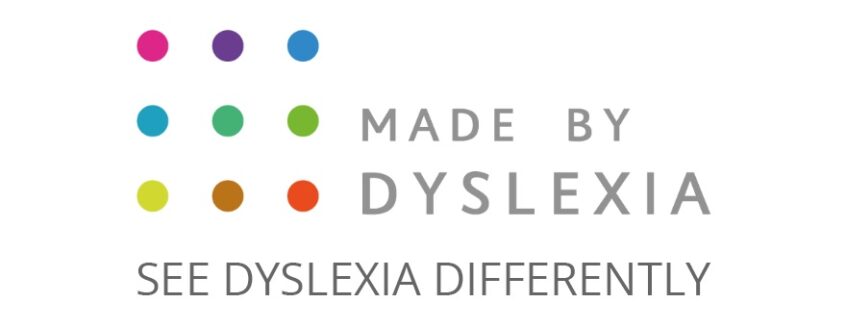This past summer I attended an International Forum on Dyslexia, and they were talking up the fact that dyslexic thinking is now being recruited for. They said the Top Five Job Skills Outlined by the World Economic Forum happen to be strengths of the dyslexic community. Once they realized this, they have been teaming up with organizations to help connect them with employers.
Top 5 Job Skills Businesses Are Seeking Right Now
- Analytical thinking
- Creative thinking
- Resilience, flexibility, and agility
- Motivation and self-awareness
- Curiosity and lifelong learning
This describes both my ADHD and dyslexic clients and friends. We are all that and more. What are not able to do is fit neatly into a box of standards and practices. Which employers are finding they don’t always need.
I just got done taking the “Empowering Dyslexic Thinking at Work” online training series.
CLICK HERE TO START THE FREE TRAINING
Who is this training for?
- If you are dyslexic and have started to share at your job about your dyslexia, this video series will be helpful for you and your employer.
- If you have employees with dyslexia and you want to learn more about how to grow and how to better support them. Take this training.
- If you work in HR and you are looking to acquire more employees. This will show you ways you can adjust your hiring process to reach more people and improve your processes to be more inclusive.
AI is changing the way business is done and what artificial intelligence can’t do as well as humans is have soft skills. Soft skills are what neurodiverse brains do naturally and very well.
This week I was contacted by another person who was put on a PIP (Performance Improvement Plan) for their spelling, even after they disclosed that they were dyslexic. After the tears subsided, we started on the plan I use. I was introduced to the person they were working with in HR, and we had a nice talk about what they knew and what they hoped to achieve with the PIP. I then asked if this staff member was a good employee, if her work was good, if they felt it would be a loss for them to leave the company. Then I asked, what if this process could get them more employees with that kind of drive, focus, and outcomes? The HR person loved that idea. So, I have been brought in to help them adjust and grow their access to this type of employee. I did have to speak with the president of the company before the plan could be started. The president was excited once I started talking about the types of skills dyslexics have. They had been thinking of growing a more creative side to the business and they realized that by making this change, doing that will make it easier for them to grow. By the way, the PIP is gone. That staff member is now my lead person at the company for building their ERG (Employee Resource Group).
Top Questions From Dyslexics About Hiring and Talking to Their Employer
- Do you tell your employer you are a different thinker?
- Do you disclose that you are a different thinker in the application process?
- Do you tell your fellow co-workers that you are a different thinker?
I get asked that all the time and my answer is never the same. Every situation is different. Typically, we do some research and figure out the next best step.
The number ONE thing you can do if you are a different thinker is figure out your strengths and your weaknesses. Know how to talk about them, know how you compensate for them, know how to demonstrate them. Your ability to communicate is key to the whole process.
If you need help doing that, I’m here to help you.
If you are a different thinker, know that your differences can make a difference, and if you are looking to hire different thinkers, there are some easy ways to attract that level of skill.
